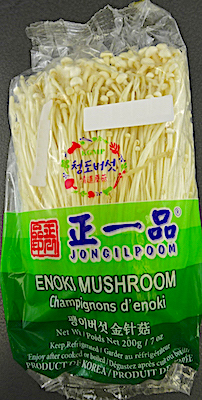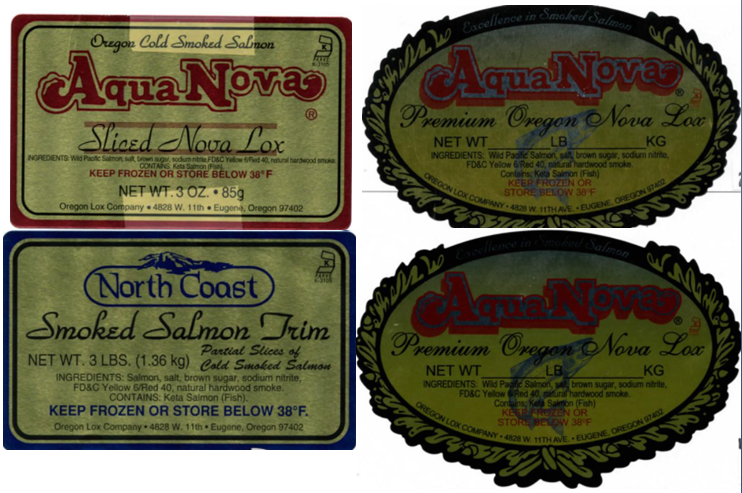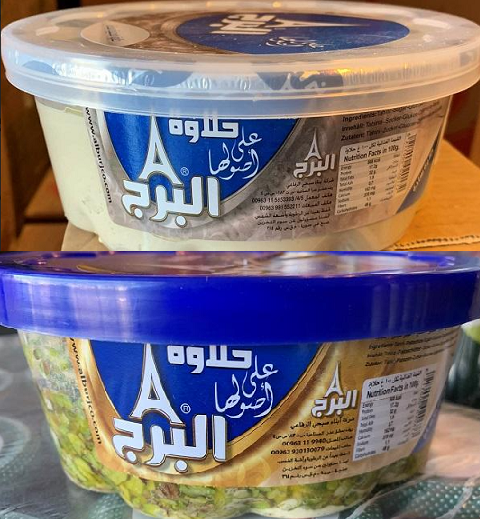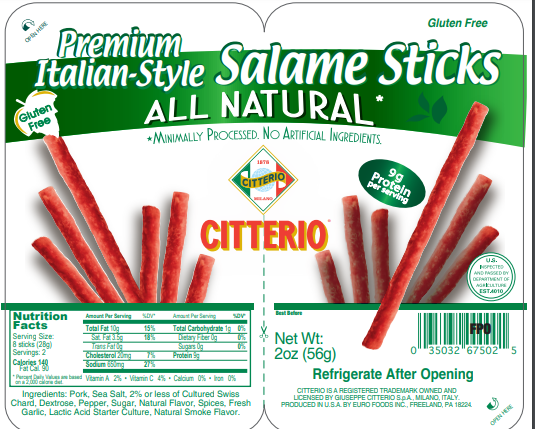The CFIA announced a further extension of the recall issued originally on October 28, 2021, and first extended on November 04. The recall has been updated to include additional product information. This additional information was identified during the CFIA food safety investigation. Covic International Trading Inc. recalled Jongilpoom brand Enoki Mushroom from the marketplace due to possible Listeria monocytogenes contamination. The recalled product has been sold in British Columbia, Alberta, Saskatchewan, and Manitoba and may have been distributed in other provinces and territories. There have been no reported illnesses associated with the consumption of this product. @ https://recalls-rappels.canada.ca/en/alert-recall/jongilpoom-brand-enoki-mushroom-recalled-due-listeria-monocytogenes-4?utm_source=r_listserv




